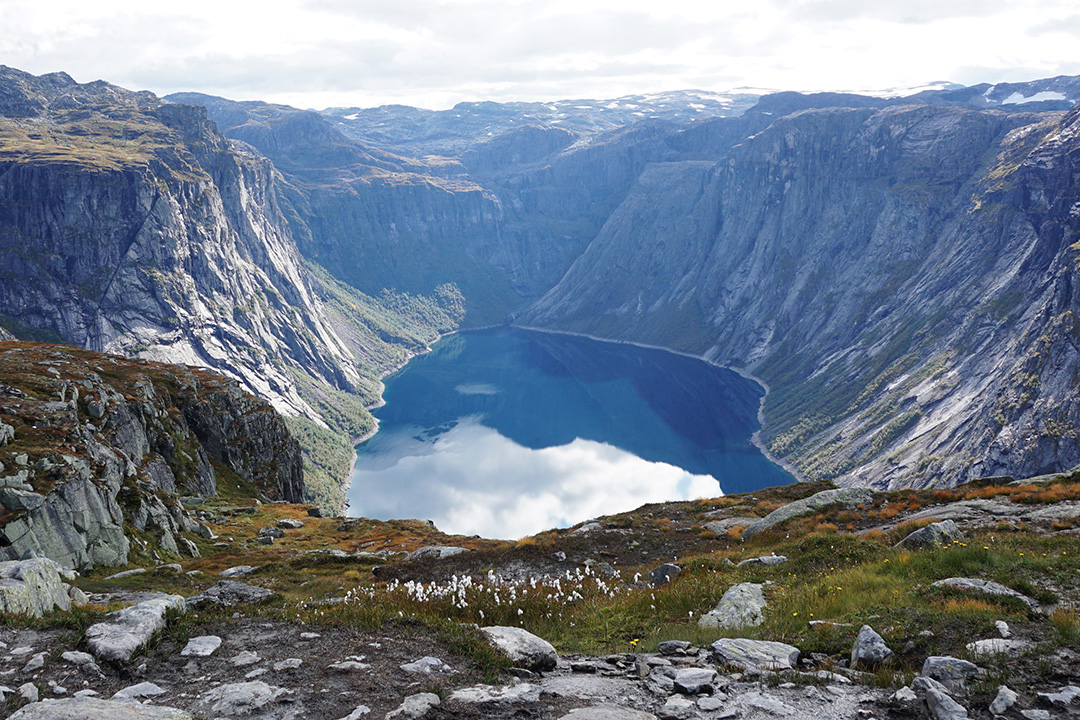
The world is 'losing its cool' with the loss of snowpacks and glaciers, posing threats to water security
MADRID, SPAIN – At the United Nations Climate Change Conference in Madrid, Spain (COP25), University of Saskatchewan (USask) scientists are focusing attention on the world’s changing mountain snowpacks, glaciers, vegetation, and long-term effects that the thaw of snow and ice are having on the world’s freshwater and ocean water.
“The substantial change that loss of snowpacks and glaciers is having on the planet is something the international scientific and policy community needs to address quite urgently,” said John Pomeroy, Canada Research Chair in Climate Change and Water Resources at USask.
“These changes have led and will continue to cause serious unsustainability of freshwater as a result of the impact of climate change on the planet,” Pomeroy, who is attending the meeting as a United Nations Observer and as a delegate for the World Meteorological Organization (WMO).
“The global warming that has already occurred has caused massive changes in our freshwater supply. It is disturbing to see world leaders struggling to find ways to hold warming to 1.5° Celsius, when 1.5° Celsius of further warming is too much for our snow and ice.”
John Pomeroy, who is director of the USask-led Global Water Futures program, is joined at COP25 by a Canadian delegation that includes Canada’s Minister of Environment and Climate Change Jonathan Wilkinson.
Pomeroy is presenting invited talks on the Hydrological Impacts of Climate Change: Mountains, Glaciers, Snow and The Impact of a Melting Cryosphere on Our Water Futures.
He noted that snow and ice support rivers that supply water for over half of humanity, including over two billion people in Asia.
“As we lose our snow and ice, floods can happen anytime of the year, droughts can be more severe, and our hydrological stability is lost. Our rivers become much more dangerous, more variable and less predictable without snow and ice,” he said.
The special sessions on snow and ice are hosted by the WMO at the Cryosphere Pavilion and UNESCO at the Sustainable Development Goals Pavilion at COP25.
COP25 represents a key juncture as countries focus on initiatives to promote more ambitious climate action, both mitigation and adaptation.
He said these changes to the cryosphere (the frozen water part of the Earth system) have led to unsustainability of freshwater, even where it is abundant.
“We are failing to meet the United Nations Sustainable Development Goals relating to water and climate in mountains and cold regions,” said Pomeroy in his concluding remarks at COP25. “This threatens our ecosystems and our civilization.”
-30-
About Global Water Futures: Global Water Futures is a seven-year, University of Saskatchewan-led research program established within the Global Institute for Water Security in 2016 and funded in part by a $77.8-million grant from the Canada First Research Excellence Fund. The research goal is to transform the way communities, governments and industries in Canada and other cold regions of the world prepare for and manage increasing water-related threats.
GWF is the world's largest and most cited university-led freshwater research program. The program is developed and funded in part by three key partners—the University of Waterloo, McMaster University, and Wilfrid Laurier University—and includes hundreds of faculty, researchers and support staff, hundreds of partners, and 15 Canadian universities
For more information, please contact:
Mark Ferguson
Global Institute for Water Security
University of Saskatchewan,
306-222-6915
m.ferguson@usask.ca
Jennifer Thoma
USask Media Relations
306-966-1815
Jennifer.thoma@usask.ca

